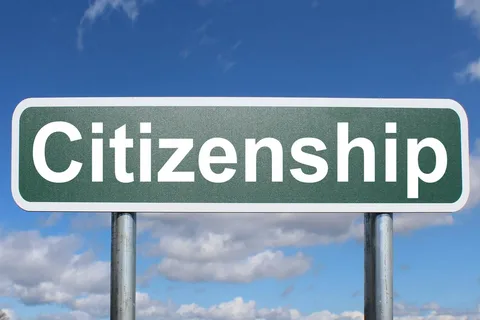Death is an inevitable aspect of life, and planning for the distribution of one’s estate can be an essential aspect of estate planning. Probate is a process that occurs after a person dies, where a court validates the will, identifies the assets and liabilities of the deceased, and distributes the estate according to the will or state law. Probate can be lengthy and expensive, so many people plan their estate to avoid it. This article will delve into probate and estate planning details, including the probate process and probate costs.
Table of Contents
What is Probate?
Probate is a legal process that occurs after someone dies. During the probate process, a court validates the will. It appoints an executor to oversee the distribution of assets to beneficiaries. If the deceased did not leave a will, the court would appoint an administrator to manage the estate.
Probate Process
The probate process can be lengthy and expensive, involving several steps. These steps include:
-
Validating the Will
The first stage in probate is to validate the will. The court will examine the will to ensure that it is legal, meaning that the deceased was of sound mind when they signed the will and were not under duress or undue influence.
-
Appointing an Executor or Administrator
The court will appoint an executor or administrator to manage the estate. The executor is named in the will, while the court appoints the administrator if there is no will. The executor or administrator will manage the assets, pay outstanding debts, and distribute the remaining assets to the beneficiaries.
-
Identifying the Assets and Liabilities
The executor or administrator will identify the deceased’s assets and liabilities. This includes bank accounts, investments, real estate, and personal property. They will also identify any outstanding debts, such as mortgages, credit card debt, and medical bills.
-
Paying Debts and Taxes
The administrator or executor will pay any unpaid debts and taxes the deceased owes using the estate assets. The beneficiaries may only receive their full inheritance if enough assets cover the debts.
-
Distributing the Estate
After all debts and taxes are paid, the executor or administrator will distribute the remaining assets to the beneficiaries according to the will or state law. If there is no will, state law will determine how the assets are distributed.
The Cost of Probate
Probate can be costly, as several fees are associated with it. The fees include court costs, attorney fees, and executor or administrator fees. These fees can add up quickly and can be a significant burden on the estate.
The court costs associated with probate vary depending on the state and the size of the estate. In some states, the court fees can be several thousand dollars. Attorney fees can also be expensive, as attorneys typically charge an hourly rate or a percentage of the estate’s value. The executor or administrator may also receive a fee, typically a percentage of the estate’s value.
Conclusion
Probate is a legal process that occurs after someone passes away. It involves validating the deceased’s will, identifying and distributing their assets, and paying outstanding debts or taxes. While probate can be lengthy and complex, it is an important part of estate planning. Ensuring your estate is properly planned and documented, you can help ease the burden on your loved ones and ensure your assets are distributed according to your wishes.




